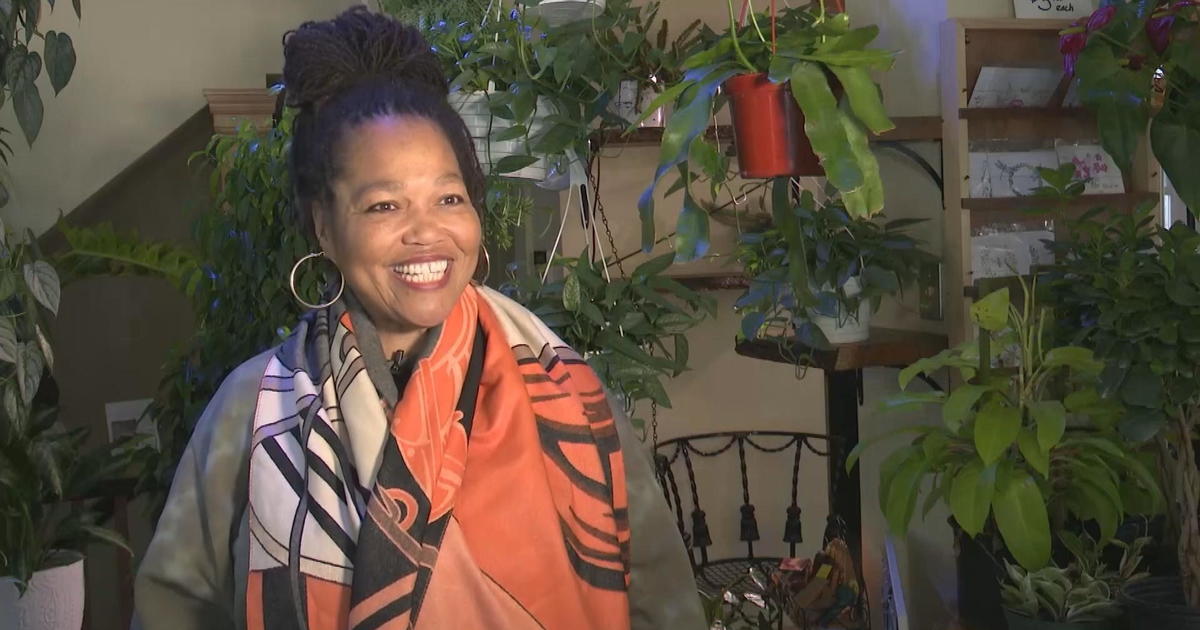Digging In To The Language Of Food
By John Ostapkovich
PHILADELPHIA (CBS) - We know that a lot of the allure of food is in its aroma, but its name can be make or break too.
In a field of study that could be called "eatymology" -- the origin of food words -- foodie and literature professor Ina Lipkowitz brings us the book Words to Eat By. She says, when she was invited to a Southern pig pickin', and it gave her a shudder that a pork roast wouldn't, she wondered why.
"I also just love words, and I love that words work on us in ways that we don't even always fully understand. Poetry does that, advertising does that and food does that."
Lipkowitz says English has a peculiar relationship with food words, in large part because the Norman Invasion of England in 1066 brought French in as the language of the aristocracy. Pig for the peasants, pork in the castle.
More recently, marketers have stirred the pot, "Like Haagen-Dazs -- complete invention. Guys from the Bronx made it up. It sounds Scandinavian; it means nothing. Panera, completely made-up. It means nothing. It sort of sounds a little bit bread-y but made up. Or, Canola oil. (There's) no plant, canola. It's technical name is low-acid, erucic rapeseed oil, but that wouldn't sell very well."
Lipkowitz marvels that the things marketed for decades as prunes are now called dried plums. She thinks that's plum amazing.



